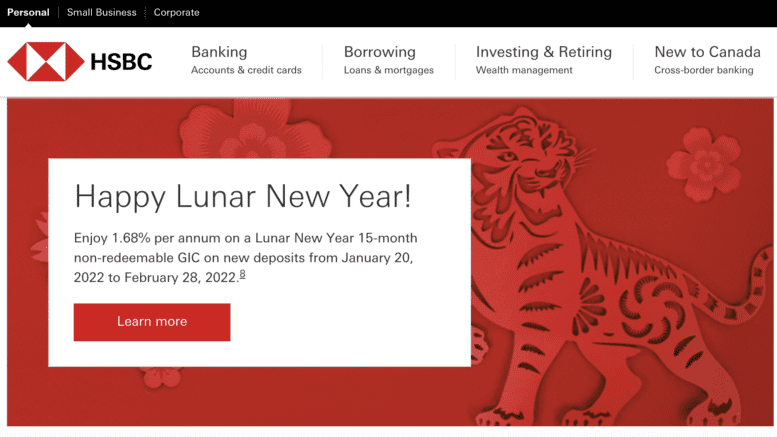Chinese supermarkets and shops in Toronto are all decked for Chinese New Year, one of the most historic and iconic festivals with traditional decorations and various congratulations amid the Omicron variant and the anticipated reopening plan. Among the numerous salutations, the one that stands out is “Happy Chinese New Year.”
Lunar New Year is the beginning of a calendar year whose months are moon cycles, based on the lunar calendar or lunisolar calendar. It is particularly influenced by the historical Chinese lunisolar calendar, but is an event celebrated within other Asian cultures as well.
With a rise in the inclusion of different ethnic groups also including New Year’s cultural celebrations throughout the year, however, some people feel that the greeting of “Chinese New Year” should be replaced by “Lunar New Year.”

“I love that people are becoming more inclusive because it isn’t just a holiday that is celebrated by Chinese people,” said Felicity Tse, a Chinese-Canadian who was born and raised in Scarborough. “It does relate to being ‘politically correct.’ It is something that promotes inclusivity within East Asian cultures.”
People should do more research on specific cultures of other ethnic groups to build up knowledge of different East Asian cultures. China is not a monolith of one of the biggest countries in Asia, Tse said.
“Getting used to changing one word of your vocabulary to help more people feel included is a small habit to change, it isn’t an inconvenience,” said Tse, a freelance illustrator and designer.
Some companies, such as HSBC, are already using more inclusive language around the holiday. However, not all Torontonians with Chinese backgrounds share the same perspective.
“I do not oppose the suggestion, but I am skeptical about the reason behind it,” said Josephine Wan, an immigrant from Hong Kong who arrived in Toronto four months ago.
She said that the intent of the greeting has been distorted amid an uplifted wave of political correctness.
New Year’s celebrations do not only belong to China, and that is why it is essential to add a specific label in front of the salutation to distinguish the regionality of the festival, she said.
There are lots of different customs and traditions to celebrate the New Year. They include “Tết ” in Vietnam, “설날 (“Seollal”)” in Korea and “เทศกาลสงกรานต์ (“Songkran”)” in Thailand.
Wan thought that people are cognized of bias and have “complicated a simple salutation.”
“Each country can create their unique designation based on their preferences if there are such festivals akin to China,” Wan said. “People should stop being paranoid.”

